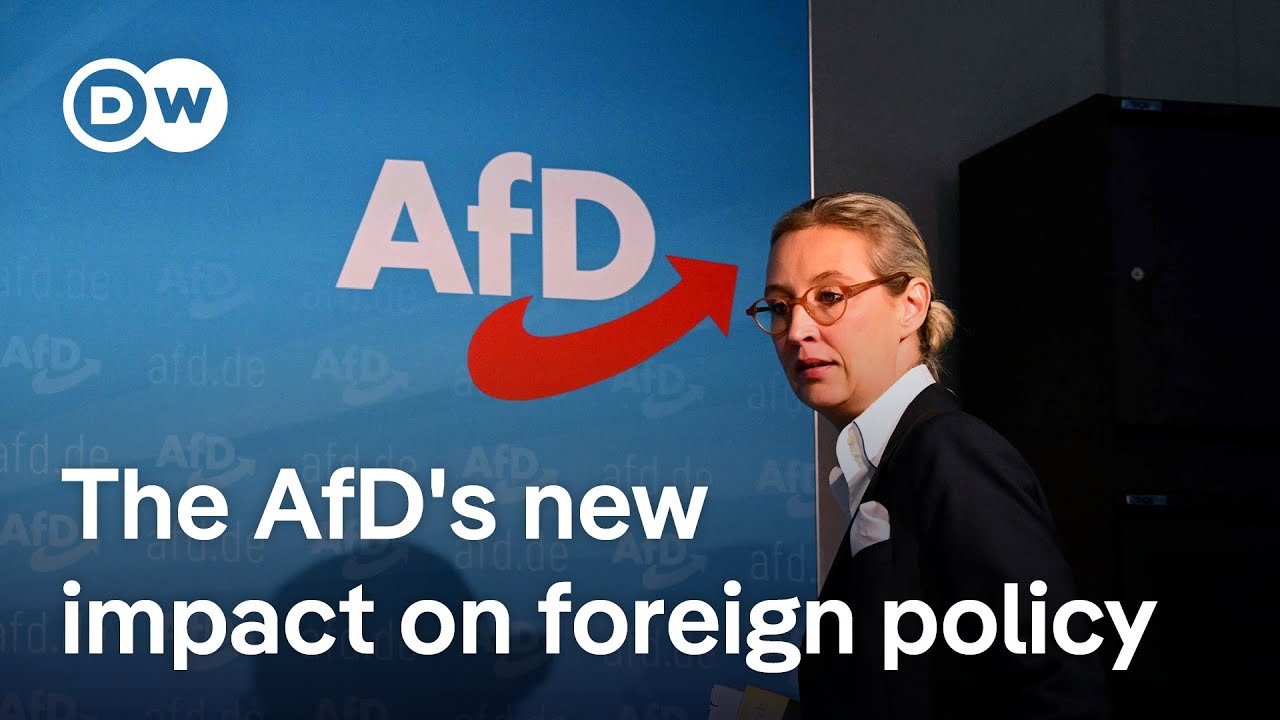The recent state elections in Germany have marked a significant moment in the country’s political landscape with the far-right Alternative for Germany (AfD) party taking first place in Thuringia and coming a close second in Saxony. Despite their electoral success, mainstream parties have vowed not to form coalitions with the AfD, citing its extremist classification by German authorities. This development reflects broader trends of far-right populism gaining ground in Europe, driven by various factors including migration and economic concerns. The results have stirred debates on democracy and governance, highlighting the challenges of forming stable governments in the face of rising extremism.
- The AfD won almost a third of the votes in Thuringia and was a close second in Saxony, despite being labeled as extremist.
- Other political parties have refused to form coalitions with the AfD, potentially leaving it in opposition despite its electoral success.
- Concerns are growing over the AfD’s strong performance, particularly in rural areas, and what it means for Germany’s political future.
- The rise of the AfD and other far-right parties across Europe is attributed to various factors, including migration, economic dissatisfaction, and the perceived inadequacies of mainstream political parties.
- In Eastern Germany, the AfD has built a significant base by addressing socioeconomic issues and opposing policies like the green transition, while embedding themselves within communities.
- The success of the AfD in these regional elections is seen as a historical moment for Germany, signaling a shift in the political landscape and raising questions about the implications for federal elections.
- The results reflect broader trends of right-wing populism in Europe, with parties gaining ground by capitalizing on issues like migration and national identity, while also embedding themselves in local communities.
- There’s a concern that the rise of far-right parties could influence German foreign policy, especially regarding the support for Ukraine amidst the conflict with Russia.
- The electoral success of far-right parties, including their stances on foreign policy and migration, highlights the complex and shifting dynamics of European politics.
DW News is a global news TV program broadcast by German public state-owned international broadcaster Deutsche Welle (DW).
AllSides Media Bias Rating: Center
https://www.allsides.com/news-source/deutsche-welle-media-bias
Official website: https://www.dw.com
Original video here.
This summary has been generated by AI.

Leave a Reply